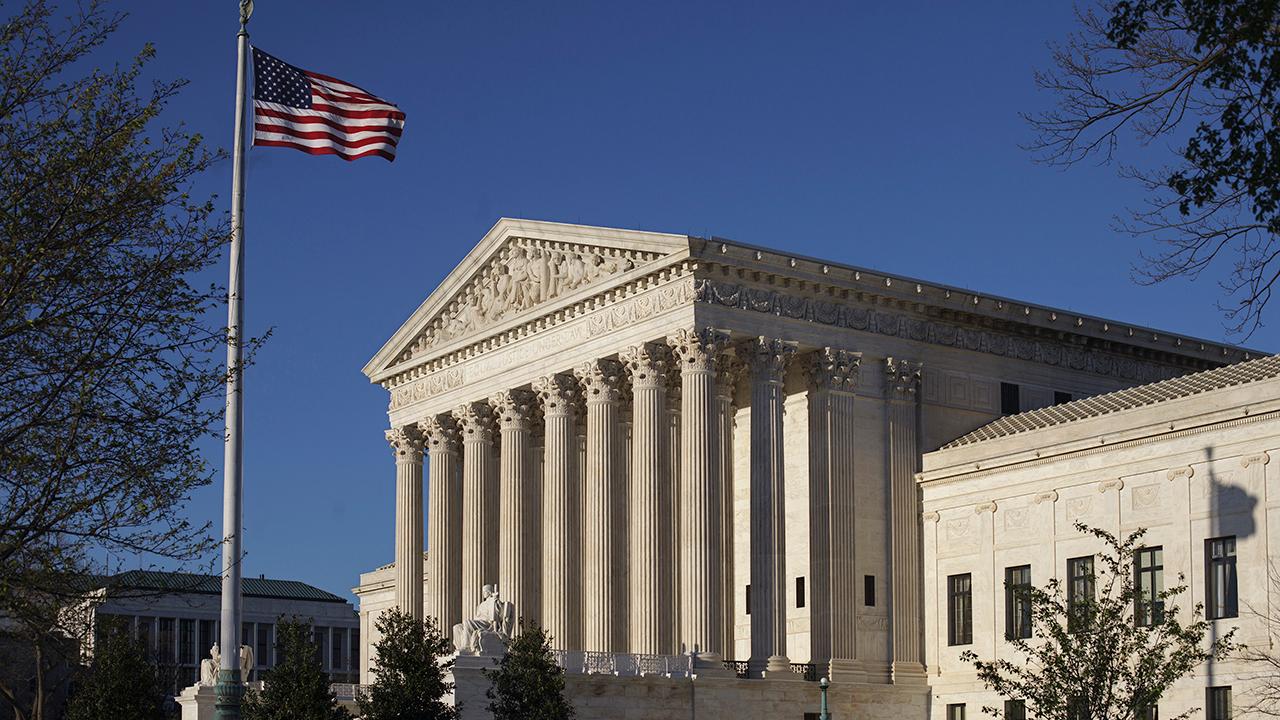Supreme Court rules unions can't force non-members to pay dues
The Supreme Court, in a major blow to big unions, ruled Wednesday that public sector unions cannot charge non-members dues.
In a 5-4 decision, the high court ruled that state government workers cannot be forced to pay so-called "fair share" fees to support collective bargaining and other union activities - whether they join the union or not.
While the current case, brought by Mark Janus, an employee at the Illinois Department of Healthcare and Human Services, applies only to public sector employees, the political and financial stakes are potentially huge for the broader American labor union movement, which had been sounding the alarm about the legal fight.
Janus sued the American Federation of State, County and Municipal Employee (AFSCME) because he didn’t want a certain fee deducted from his paycheck to go toward a union just because he worked for the state. His lawyers argued the payment could violate First Amendment rights if someone is forced to pay a fee to an organization with different views than he or she holds.
Janus, who will be on Fox Business Network's "Varney & Co." on Wednesday, has said he pays about $550 per year to AFSCME.
The court had to decide to override its 1977 decision in Abood v. Detroit Board of Education. In that case, it held that school teachers should pay unions as long as the money goes toward collective bargaining and other such issues -- not ideological causes.
AFSCME President Lee Saunders had argued that strong labor unions are needed because they give “the strength in numbers [workers] need to fight for the freedoms they deserve,” including retirement plans and health care.
The unions say 5 million government employees in 24 states and the District of Columbia will be affected by this ruling.
"Compelling individuals to mouth support for views they find objectionable violates that cardinal constitutional command, and in most contexts, any such effort would be universally condemned," Justice Samuel Alito, who authored the court's opinion in the case, wrote.
The National Right to Work Legal Defense Foundation hailed the decision.
“Today’s decision is a landmark victory for rights of public-sector employees coast-to-coast that will free millions of teachers, police officers, firefighters and other public employees from mandatory union payments," the foundation said in a statement. "While this victory represents a massive step forward in the fight to protect American workers from forced unionism, that fight is far from over.”
AFSCME President Lee Saunders said government worker unions will fight the decision.
"Despite this unprecedented and nefarious political attack – designed to further rig the rules against working people -- nothing changes the fact that America needs unions now more than ever," he said in a statement. "We are more resolved than ever to fight like hell to win for our members and the communities they care so much about."
The National Education Association (NEA), the nation's largest union, ripped the court's decision.
“As millions of American workers recommit to their unions and launch new organizing drives and as support for labor unions has risen to its highest level in years, it is shameful that the billionaire CEOs and corporate special interests behind this case have succeeded in manipulating the highest court in the land to do their bidding," the NEA said. "This case was nothing more than a blatant political attack to further rig our economy and democracy against everyday Americans in favor of the wealthy and powerful.”
The Democratic National Committee said in a statement that the decision "is nothing more than blatant and disgraceful union busting."
The case is Janus v. AFSCME (16-1466).




















